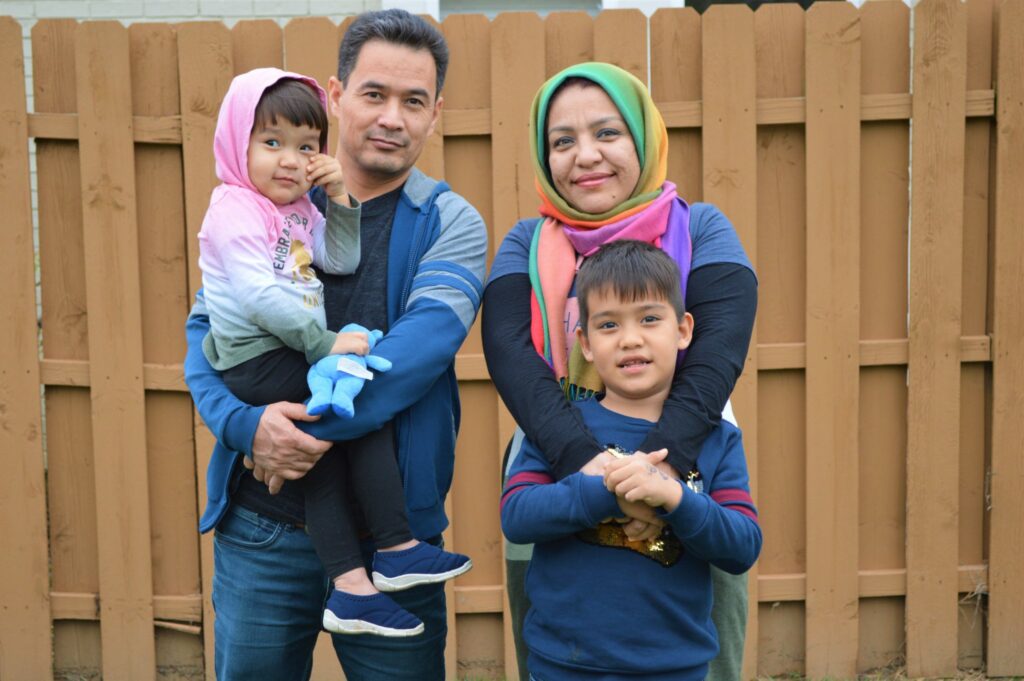
In February 2020, Esmael Borhani, his wife Anisa, and their two children embarked on a new journey to the United States, unprepared for the cold weather and snowfall they encountered upon arrival. After living as refugees in Sri Lanka for nearly five years due to fleeing conflict and unrest in Afghanistan, their wardrobe was ill-suited for the harsh winter. Esmael recalled the constant threats of violence they faced back home, describing it as an ongoing struggle against them.
The family had sought resettlement through the United Nations High Commissioner for Refugees (UNHCR), uncertain of their future destination. When the UNHCR inquired if they had any connections in the United States, they mentioned a friend in Indianapolis, making it their chosen city for resettlement.
Upon their arrival in the US, the Borhani family managed to enroll their son, Mohammad, in kindergarten, attending school three days a week. Their early days were packed with medical appointments, training sessions, and other essential engagements. Just as they were beginning to find their footing, the onset of the global pandemic brought everything to a standstill, presenting a new set of challenges for the family.
Navigating the complexities of assimilating into a new culture and language was already a formidable task for the Borhani family, and these challenges were amplified by the onset of the pandemic. With businesses shuttering and layoffs rampant, Esmael found it increasingly difficult to secure employment. The shift to remote learning posed additional obstacles, particularly for their son, Mohammad, who struggled to adapt to the virtual classroom setting. Previously enthusiastic about school, Mohammad became disengaged, missing the interaction with peers that in-person classes provided.
During this tumultuous period, the family received unwavering support from Exodus, a local charity organisation, which continued to cover their housing expenses until Esmael found employment at an Amazon warehouse. Reflecting on his time in Sri Lanka, Esmael expressed gratitude for the opportunity to work, acknowledging the stark contrast to the lack of employment opportunities he faced there.
Despite the challenges and isolation brought on by their circumstances, the Borhani family remains optimistic about their life in the US. Looking ahead, Esmael aspires to secure a better-paying job to provide for his family, harboring dreams of homeownership. Both parents wish for their children to pursue higher education and earn doctorates, aspiring for them to contribute positively to society in gratitude for the support they’ve received. Above all, the Borhani family is eager to achieve independence and give back to their community, continuing their journey towards self-reliance.